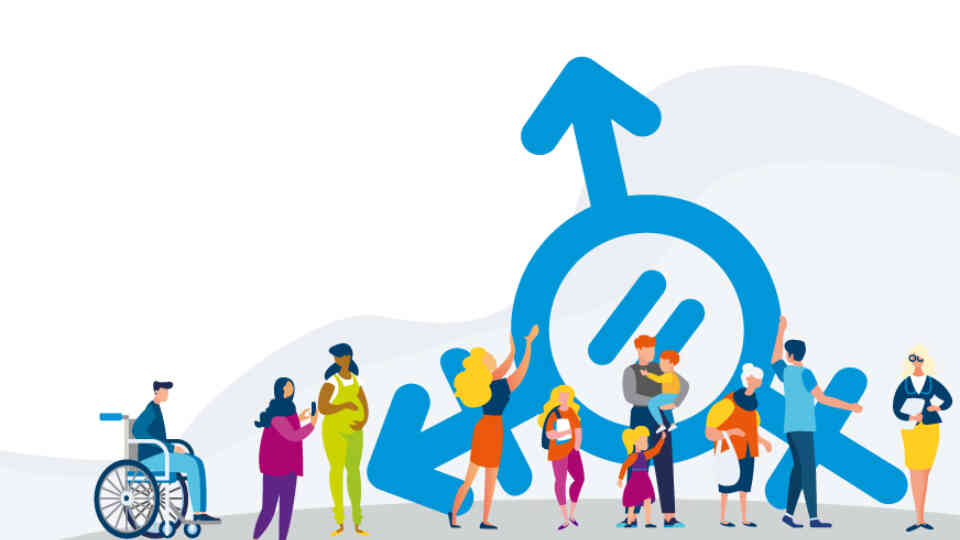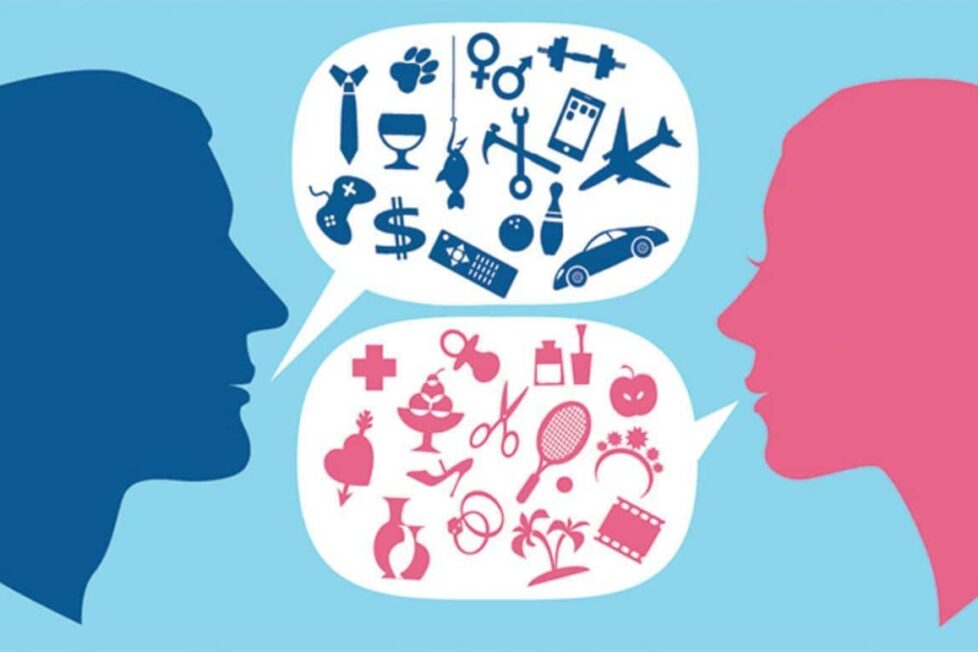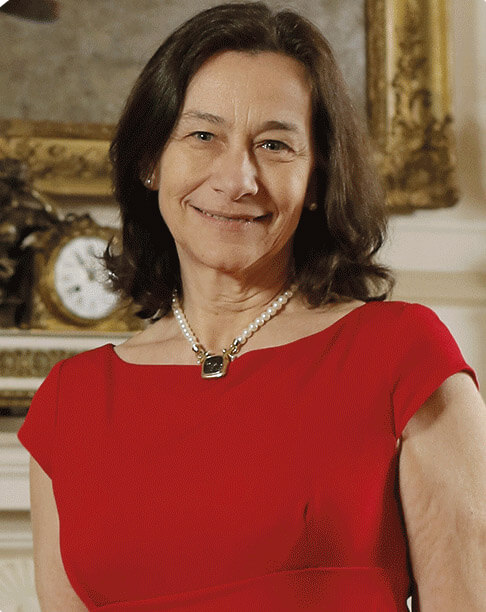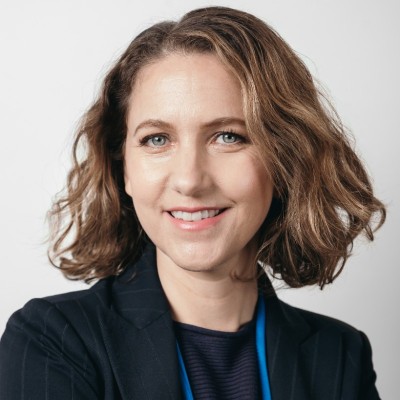International Women’s Day, March 8th, 2024
March 8, 2024


March 8, 2024
Two weeks before International Women’s Day, whose motto will be “Investing in Women: Accelerating Progress”, the British Chilean Chamber of Commerce wants to join this commemoration with an information campaign. Over the next few days we will provide information and tools, as well as real testimonies, to contribute our grain of sand to female progress.
Context:
International Women’s Day, previously called International Working Women’s Day, commemorates every March 8 the struggle of women for their participation in society and their full development as a person, on an equal footing with men. The number 8M is also used to refer to this commemoration, for the day and month in which it occurs.
At the Second International Conference of Socialist Women held in Copenhagen in 1910, Clara Zetkin proposed and approved the celebration of “Working Women’s Day”, which began to be celebrated the following year: the first commemoration took place on March 19, 1911 in Germany, Austria, Denmark and Switzerland. Since then it has spread to many countries.
In 1972, the United Nations General Assembly, in its resolution 3010, declared 1975 “International Women’s Year”, and in 1977 invited States to declare, in accordance with their historical traditions and national customs, a day as International Women’s Day. International for Women’s Rights and International Peace.
This date is used to visualize gender inequality and to demand the fight for effective equal rights for women in various areas. It is usually celebrated in almost all parts of the world (an example of this is Italy and its “Festa della Donna”), and it is a holiday in some countries.
Achieving gender equality and women’s well-being in all aspects of life is more crucial than ever if we want to create prosperous economies and a healthy planet. However, we are facing a key challenge: the alarming $360 billion annual deficit in gender-equality measures by 2030.
Here are five key areas needing joint action:
#InvestInWomen
Source: United Nations, International Women’s Day, (https://www.un.org/en/observances/womens-day)
Women in low-income countries had the highest entrepreneurial intentions (28.2%), while those in high-income countries were least likely to want to start a business (11%). More specifically, women from two regions – Latin America and the Caribbean, and the Middle East and Africa – are leading globally in this area, with one in three women polled in these areas reporting entrepreneurial intentions.
Gender equality is an urgent imperative. The world is experiencing an unprecedented set of crises with disproportionately negative impacts on women, girls, sexual and gender minorities, and marginalized groups. Climate change, fragility, forced displacement, and pandemics threaten hardwon gains in women’s human capital. As crises intertwine with structural transformations, gender constraints increasingly harm societies, including men. Adding to the urgency are reversals in countries like Afghanistan, forced displacement from conflicts, and backlash in many societies.
Latin America and the Caribbean stand out as the most entrepreneurial region in the world for women, boasting the highest startup rate for women (21.2%) and entrepreneurial intentions (33.3%), as well as the smallest gender gap for both indicators (W/M 0.85, 0.89). Nine countries in this region participated in the 2022 GEM survey, including five middle-income (Mexico, Chile, Panama, Uruguay and Puerto Rico) and four low-income (Brazil, Colombia, Venezuela and Guatemala). However, indicators for this region also suggest that the business context is more volatile for new businesses and more often results from job scarcity, especially for women.
Rosanna Costa Costa has been President of the Central Bank of Chile since February 2022, and a Director since January 2017. She is a Commercial Engineer with a major in economics from the Catholic University of Chile.
She was Director of Budgets of the Ministry of Finance between 2010 and 2013 and, previously, she was Director of the Economic Program of the Instituto Libertad y Desarrollo (LyD) between 1993 and 2010, where she investigated topics related to fiscal policy, labor policy, modernization of the State and capital markets. .
At the time of being nominated as Councilor, she had served as Deputy Director of the LyD since June 2014, and was a member of the Council of the National Productivity Commission and the Technical Education Advisory Commission.
Between 1984 and 1992, he had worked as an economist at the Central Bank of Chile, in the areas of national accounts, studies and in the monetary area. He was a member of the Presidential Commissions to study the Pension Reform in 2006, Labor and Equity in 2008, and more recently of the Advisory Council against Conflicts of Interest, Influence Peddling and Corruption.
She has served as director of the Public Companies System, Counselor of Senior Public Management, Director of the Women’s Community, member of the Icare Human Resources Circle and of the board of directors of the Master’s Degree in Management and Public Policies of the Adolfo Ibáñez University. He has taken economics classes at the Catholic University of Chile and more recently in diploma courses at the University of Chile.
Rosario Navarro Betteley is a Chilean businesswoman. In May 2023 she was elected president of Sofofa, becoming the first woman to assume that position. Daughter of businessman Andrés Navarro, founder of the technology company Sonda, and nurse Sonia Betteley, she was educated at the Villa María Academy School, where she graduated in 1993.
He studied a Bachelor’s degree in Humanities for two years at the Pontifical Catholic University, before studying a Bachelor’s degree in History. Finally, she graduated with a degree in Aesthetics from the same university. His professional career began at the A+D art gallery, then he worked as part of the social life team at Cosas Magazine, before entering the communications and marketing area at the Andrés Bello University, where he worked for a decade.
In 2013, her father Andrés Navarro resigned from Sonda and Rosario joined the board of directors of the technology company, becoming the youngest director of IPSA.
In 2017, the president of Sofofa, Bernardo Larraín Matte, invited Rosario to apply as a union advisor. In her role as advisor, she was in charge of the implementation of the executive committee and the so-called Business Evolution Committee.
In January 2023, together with councilors Oscar Hasbún and Gonzalo Said, he presented his candidacy for the presidency of the union for the period 2023-2025. In the elections held on May 31 of the same year, Navarro obtained 87% of the validly cast votes, becoming the first woman to lead the Manufacturing Development Society since its founding in 1883.





